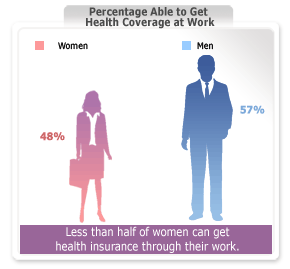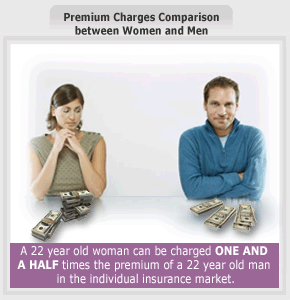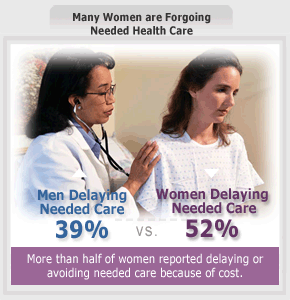It’s the first weekend of June…my, does time fly! Here are good posts to check out this weekend:
The mainstream media has covered the opting out debate a whole lot. But what’s missing from this coverage is that opting out, leaving one’s professional career to raise a family, is something that only women with privilege can truly do. Ann Friedman has a piece out called When Opting Out Isn’t an Option that discusses the need to shift the conversation about women and work. She includes women who don’t have the luxury to opt out, the majority of women in this country, in the picture and discusses how the recession can be an opportunity to reframe the opting out debate.
There’s a great op-ed in the New York Times today about Ann Lohman, an English midwife who emigrated to New York and committed suicide in 1878 after years and years of anti-choice harassment. She called herself Madame Restell, sold herbs and pills designed to end pregnancies, performed abortions if the herbs and pills did not work which she charged on a sliding scale depending on her patient’s ability to pay, taught sex education classes, provided shelter for pregnant women, delivered babies and set up an adoption service. The op-ed examines Lohman’s legacy as a a champion for reproductive rights and illustrates how anti-choice violence continues to threaten those who do dedicate their lives to defending reproductive rights.
One of the reasons why people reject feminism is because it historically, and continues to, exclude certain marginalized bodies like the LGBTQ community and people of color. Racism Review tackles this issue in Gloria Steinem, Where Are You Now? During Hilary Clinton’s presidential campaign feminist activist Gloria Steinem wrote a piece in the NYTimes condemning the mainstream media’s sexist treatment of Clinton. However, Sonia Sotomayor has been the target of countless racist and sexist attacks ever since her nomination but prominent white feminists who have publicly condemned sexism before, like Steinem, have been silent. Why have none of them spoken up for Sotomayor?
Transphobia and violence against the trans community remains persistent throughout the world. There have been many recent violent hate crimes against trans people in various countries: the U.S., Honduras, the Dominican Republic, India, Turkey, Canada, Serbia, Peru and Venezuela. Bird of paradox reports that this year alone in Venezuela, there have been more than 20 trans people murdered so far. This is deeply saddening and upsetting – launching violent assaults and murdering people are not appropriate or acceptable ways to treat the trans community.
Privilege is something that we continually think and write about. But what exactly is privilege? One way that people think of privilege is “You haven’t thought of these issues in the same way that I have because they don’t affect you in the same way.” Another way to think about privilege is “You don’t have to think of these issues because they don’t affect you.” Echidne of the Snakes has a post titled Thoughts on privilege (by Suzie) in which she discusses privilege and how it plays into our lives.
There’s a post on Womanist Musings about how an eight year old girl from Winnipeg showed up at school with her arms covered with white supremacist markings like swatstikas (which were “sun wheels that represented peace and love”) and “H.H.” for “Heil Hitler”. Her parents taught her that Hitler was a “good man ‘for killing lots of people that didn’t belong there'”. When a detective asked her for her parents’ thoughts on ethnic minorities, she responded that they felt that ethnic minorities “‘should be killed or go back to their country'”. She also said “Some people from Pakistan carry AIDS and they could kill you”. Remember that these insidious words are coming from the mouth of an eight year old. Her parents clearly are not setting a good example in perpetuating their bigotry.



